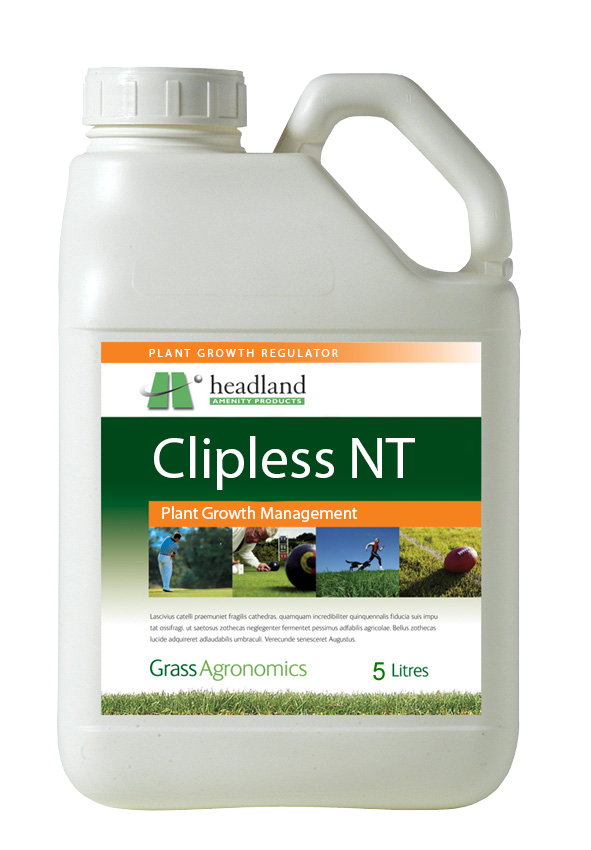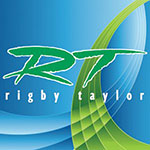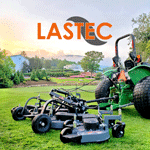How do PGRs work?
Related Articles
Plant Growth Regulators (PGRs) are a longstanding programme component for those maintaining all types of amenity grassland and managed amenity turf. Clipless NT® from Headland Amenity’s is a Trinexapac-ethyl PGR, which is typically applied from mid-April on outfield or course turf and mid-late May on fine turf. Alex Hawkes, Headland’s Sports Turf Manager explores how PGRs work and how many are now finding additional benefits of their use.
PGRs effectively block the production of gibberellic acid – the plant hormone responsible for cell elongation. By lowering levels of the hormone within the plant leaf, PGRs reduce cell elongation and vertical growth and, instead, redirect the energy within the plant to generate enhanced root development and lateral growth. In its simplest capacity, it can contribute towards a sward that requires less frequent mowing, saving manpower and associated machinery costs. They can be particularly useful for reducing mowing in difficult or dangerous areas such as steep banks.
Because growth is redirected from vertical to horizontal, PGRs are often employed by greenkeepers and groundsmen alike to increase the density of a given area. Moreover, they have also been shown to optimise the conditions for seeding operations – particularly those in or near competitive swards. With the regulated growth and lower energy consumption of the existing plant, nutrition from the soil profile is optimised for germination and establishment of the new seedling.

At Trent College in Nottingham, Head of Gardens and Grounds Peter Flewitt trialled Clipless NT® in this capacity, on the schools four cricket squares. “In our environment, we are able to renovate the squares much earlier in the growing season than perhaps other local clubs or the county grounds would. We applied Clipless NT® at the end of July, a week before we started our renovations and we nicknamed this area our ‘old grass’. We were interested to see if by regulating the growth here, the new seed sown in the vicinity would germinate better due to lower competition – and it worked well.”
Peter continues, “We left the ‘new grass’ to grow through and the difference in their comparative growth speeds was evident – particularly when we mowed for the first time that it was just this new grass being cut. With the Clipless NT®, used in conjunction with H-Cote™ (slow-release fertiliser) we were able to then manage and sustain the healthy, dense sward we achieved in our renovations through the autumn and winter period when our workload shifts focus onto our winter sports areas. With the wet winter we had, the Clipless NT® application kept growth in check meaning we didn’t have to take any mowing equipment out onto the soft ground at any stage.”

























